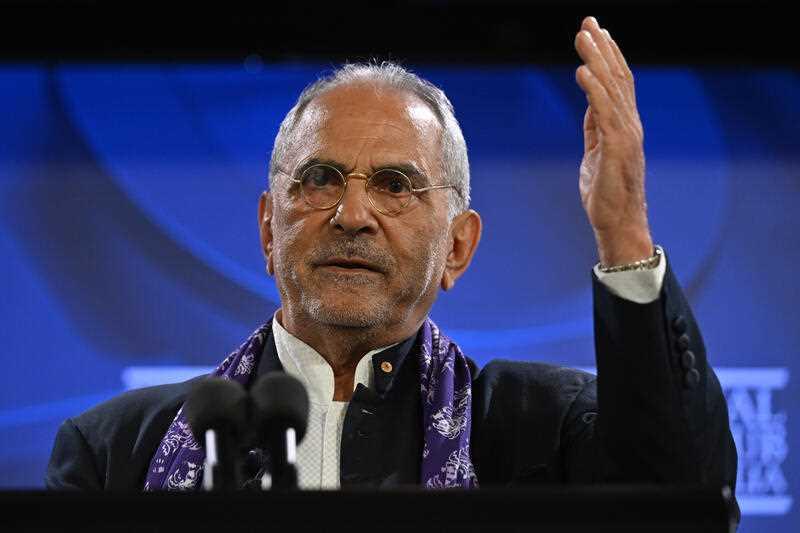The Antigua and Barbuda and Timor-Leste governments have joined a growing bloc of nations proposing a Fossil Fuel Non-Proliferation Treaty, supporting the calls to phase out oil, gas, and coal to address climate change.
The countries made the commitment after United Nations Secretary-General António Guterres asked governments to raise their goals at the UN Climate Ambition Summit.




